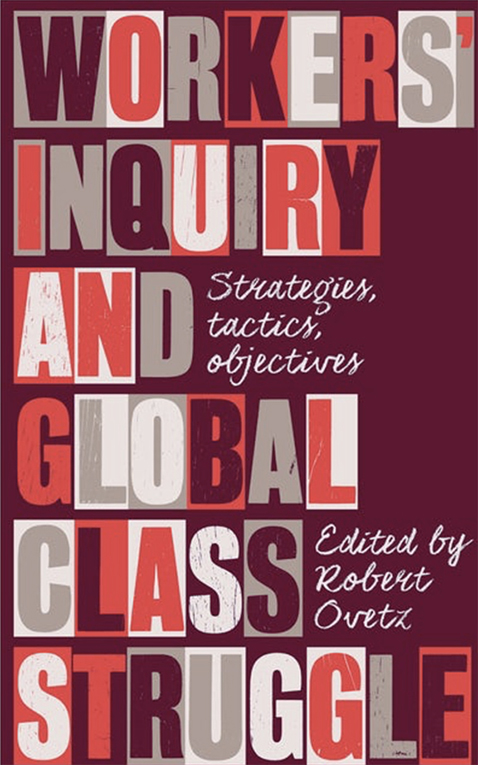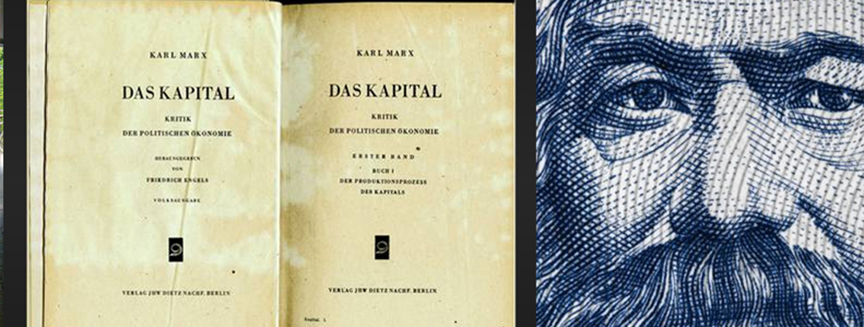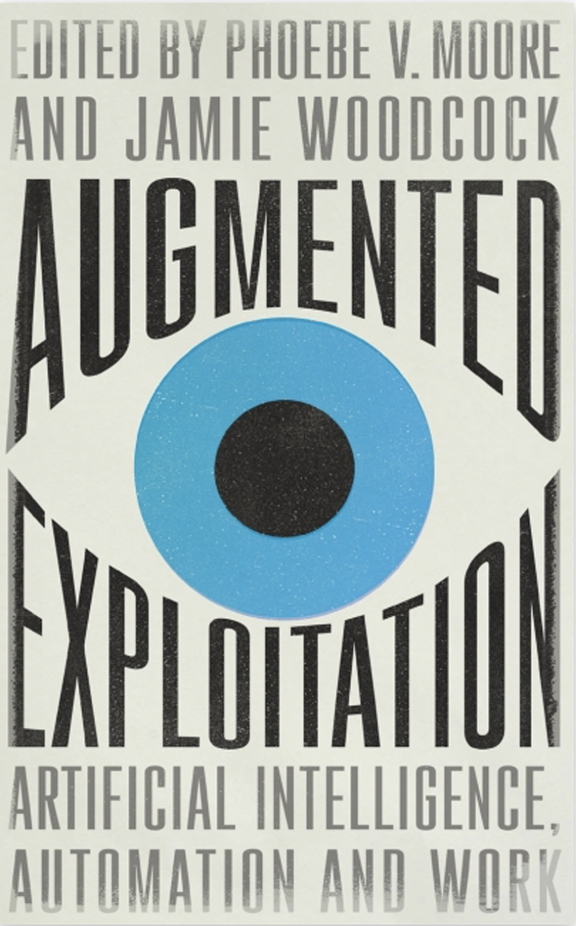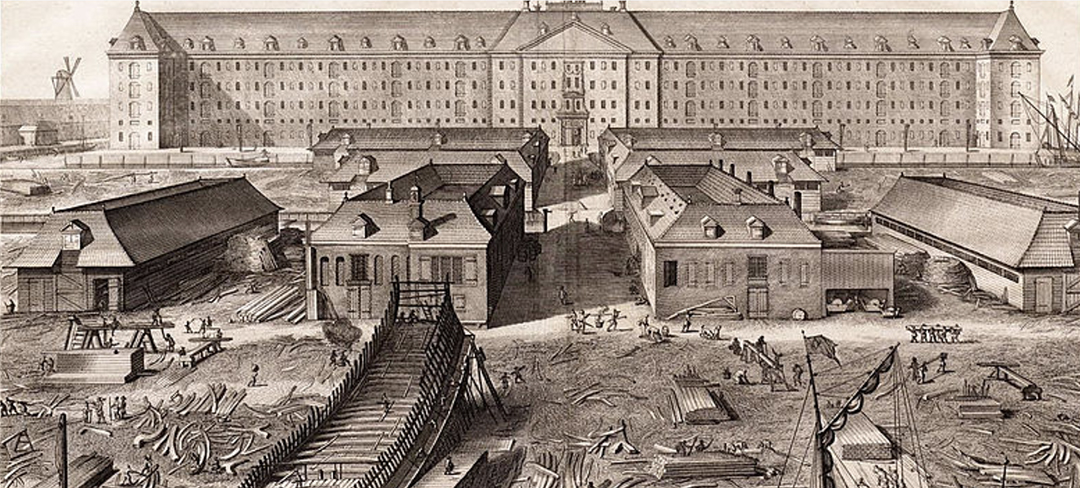Black Reconstruction in America by W.E.B. Du Bois
Online: Zoom link will be provided to registered participantsBlack Reconstruction provides a basis for a much overdue revolution in US labor history. As Du Bois so eloquently and bluntly put in in 1935: “The South, after the war, presented the greatest opportunity for a real national labor movement which the nation ever saw or is likely to see again for many decades. Yet, the labor movement, with but few exceptions, never realized the situation. It never had the intelligence or knowledge, as a whole, to see in black slavery and Reconstruction, the kernel and meaning of the labor movement in the United States.”
Matters of State: Literature & Espionage
Online: Zoom link will be provided to registered participantsWHY SPY NOVELS? Spy novels emerged as a distinct genre around the time of World War I, coinciding with the creation of formal intelligence agencies in many countries. This was a period characterized by heightened concern on the part of rulers about national security, imperial strength, and the impending conflict of the Great War. Spy novels from the early twentieth century reflect these concerns, and generally feature secret agents and seemingly realistic tales of international intrigue. With the rise of fascism, spy novels shifted their focus to examine the dynamics of political movements within individual states, assessing their threats to the stability of the international political order. In these stories, the anxiety over the powerlessness of the individual is assuaged by the resourcefulness and ultimate success of exceptional or lucky individuals in confronting such harrowing problems as war, nuclear proliferation, and terrorism.
Grundrisse
Online: Zoom link will be provided to registered participantsIn the Grundrisse Marx arguably bridges his early writings on philosophy and Hegel, and the writing and revisions of Capital that dominated much of the rest of his life. We will undertake a close, word by word reading of the text with a view to understanding the concepts that evolve within it. This first term will begin with the chapter on money.
Workers’ Inquiry and Global Class Struggle: Strategies, Tactics, Objectives
Online: Zoom link will be provided to registered participantsBy engaging in what Karl Marx called a workers' inquiry, workers and militant co-researchers are studying their working conditions, the technical composition of capital, and how to recompose their own power in order to devise new tactics, strategies, organizational forms and objectives. These workers’ inquiries, from call center workers to platform, trucking, cleaning, logistics, mining, auto factories, teachers, and adjunct professors, are re-energizing unions, bypassing unions altogether or innovating new forms of workers' organizations.
Capital, Volume 1, Part 3
Online: Zoom link will be provided to registered participantsChapters 16 through 25, will trace this development and reveals new dynamics and contradictions inherent to the logic of capitalist accumulation, culminating in Chapter 25, The General Law of Capitalist Accumulation. These developmental processes continue to be played out to this day and are witnessed in the immensity of wealth for a few at one pole of humanity, poverty at another, ruthless misuse and degradation of nature, and reduction of the human subject, the producing masses of real individuals, to an alienated object for capitalist exploitation.
Black Reconstruction in America by W.E.B. Du Bois
Online: Zoom link will be provided to registered participantsBlack Reconstruction provides a basis for a much overdue revolution in US labor history. As Du Bois so eloquently and bluntly put in in 1935: “The South, after the war, presented the greatest opportunity for a real national labor movement which the nation ever saw or is likely to see again for many decades. Yet, the labor movement, with but few exceptions, never realized the situation. It never had the intelligence or knowledge, as a whole, to see in black slavery and Reconstruction, the kernel and meaning of the labor movement in the United States.”
AUGMENTED EXPLOITATION: Artificial Intelligence, Automation and Work
Online: Zoom link will be provided to registered participantsGoing beyond platform work and the gig economy, the authors explore emerging forms of algorithmic governance and AI-augmented apps that have been developed to utilise innovative ways to collect data about workers and consumers, as well as to keep wages and worker representation under control. They also show that workers are not taking this lying down, providing case studies of new and exciting form of resistance that are springing up across the globe.
Pluto Wildcat Series: Final 2 sessions—Augmented Exploitation and Wobblies of the World
Online: Zoom link will be provided to registered participantsThese books uncover the radical militancy which characterises international workers struggles, both contemporary and historical. Looking at diverse topics including proletarianisation and class formation, mass production, gender, affective and reproductive labour, syndicalism and independent unions, and labour and Leftist social and political movements, it is the most comprehensive exploration into workers’ organisation being developed today. All books from the series are available at the MEP on-line book store.
Pluto Wildcat Series: Final 2 sessions—Augmented Exploitation and Wobblies of the World
Online: Zoom link will be provided to registered participantsThese books uncover the radical militancy which characterises international workers struggles, both contemporary and historical. Looking at diverse topics including proletarianisation and class formation, mass production, gender, affective and reproductive labour, syndicalism and independent unions, and labour and Leftist social and political movements, it is the most comprehensive exploration into workers’ organisation being developed today. All books from the series are available at the MEP on-line book store.
Grundrisse
Online: Zoom link will be provided to registered participantsIn the Grundrisse Marx arguably bridges his early writings on philosophy and Hegel, and the writing and revisions of Capital that dominated much of the rest of his life. We will undertake a close, word by word reading of the text with a view to understanding the concepts that evolve within it. This first term will begin with the chapter on money.
Capital, Volume 1, Part 3
Online: Zoom link will be provided to registered participantsChapters 16 through 25, will trace this development and reveals new dynamics and contradictions inherent to the logic of capitalist accumulation, culminating in Chapter 25, The General Law of Capitalist Accumulation. These developmental processes continue to be played out to this day and are witnessed in the immensity of wealth for a few at one pole of humanity, poverty at another, ruthless misuse and degradation of nature, and reduction of the human subject, the producing masses of real individuals, to an alienated object for capitalist exploitation.
Grundrisse
Online: Zoom link will be provided to registered participantsIn the Grundrisse Marx arguably bridges his early writings on philosophy and Hegel, and the writing and revisions of Capital that dominated much of the rest of his life. We will undertake a close, word by word reading of the text with a view to understanding the concepts that evolve within it. This first term will begin with the chapter on money.
Grundrisse
Online: Zoom link will be provided to registered participantsIn the Grundrisse Marx arguably bridges his early writings on philosophy and Hegel, and the writing and revisions of Capital that dominated much of the rest of his life. We will undertake a close, word by word reading of the text with a view to understanding the concepts that evolve within it. This first term will begin with the chapter on money.
Marx’s Inquiry into the Birth of Capitalism: Why Does It Matter?
Online: Zoom link will be provided to registered participantsAs Marx argues, “original accumulation” of capital, the transformation of pre-capitalist to capitalist social relations, is not explained by the fairy tale of wise and thrifty household producers getting wealthy by their own labor. John Milios’ research into the “pre-capitalist money owner”, the role of commodity production (as opposed to production for direct consumption) based on slave labor in the ancient world, and the development of ”contractual money begetting” production in Europe in the middle ages, helps us understand what is and is not capitalism. He critically analyzes both Marxist and non-Marxist literature. He uses the rise and fall of the Venetian mercantile republic as a case study. He concludes that “No version of capitalism is the realm of ... freedom or justice. Capitalism is a social system in which ... coercion guaranteeing economic exploitation of the ruled by the rulers is incorporated into the economic relation itself.”
Capital, V1, Part 2: The Transformation of Money Into Capital
Online: Zoom link will be provided to registered participantsWe will do a close reading of the chapters in Part Two of Volume I of Capital on “The Transformation of Money Into Capital”. In these chapters Marx introduces the fundamental concepts of capital,labor power, surplus value and the valorization process.








